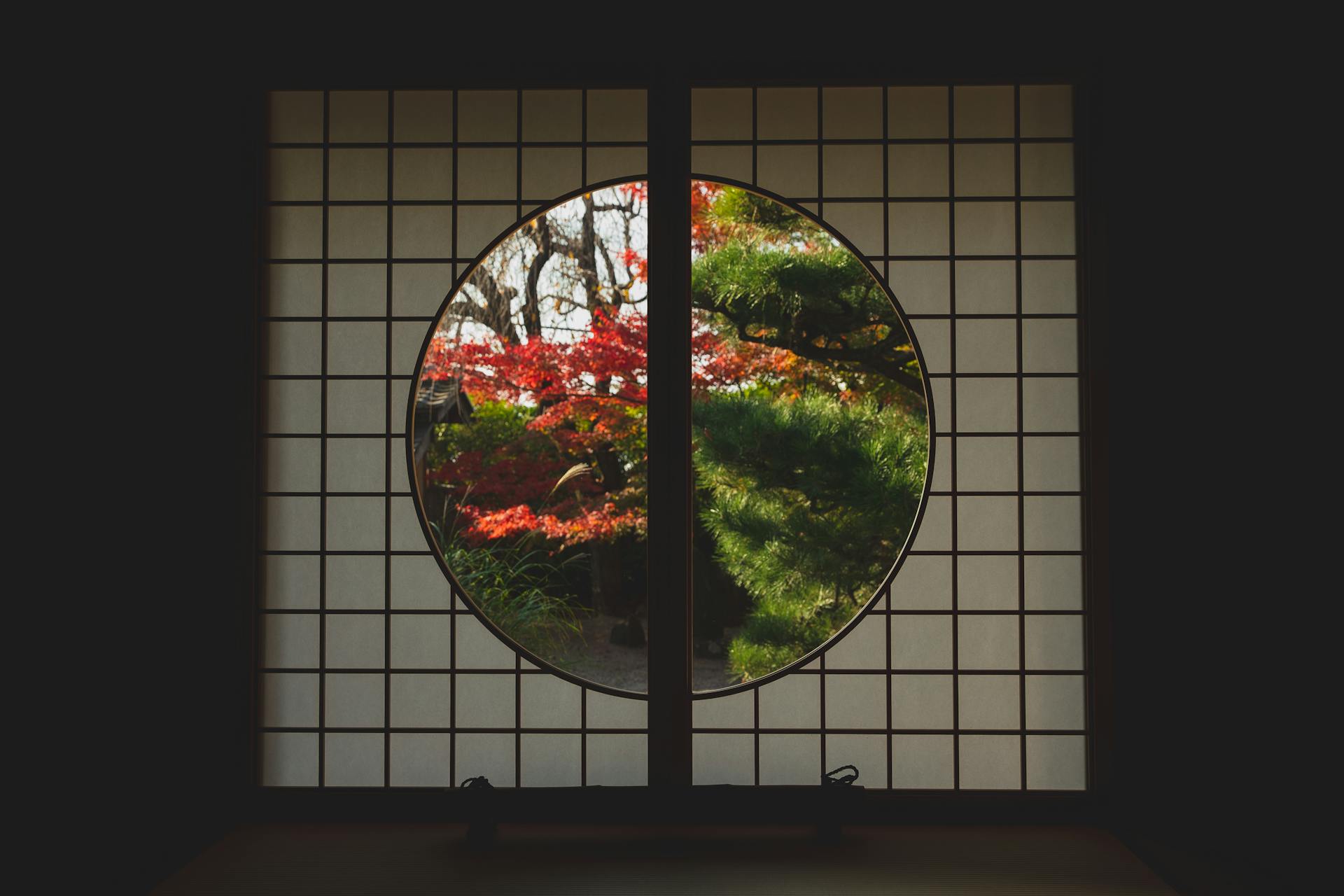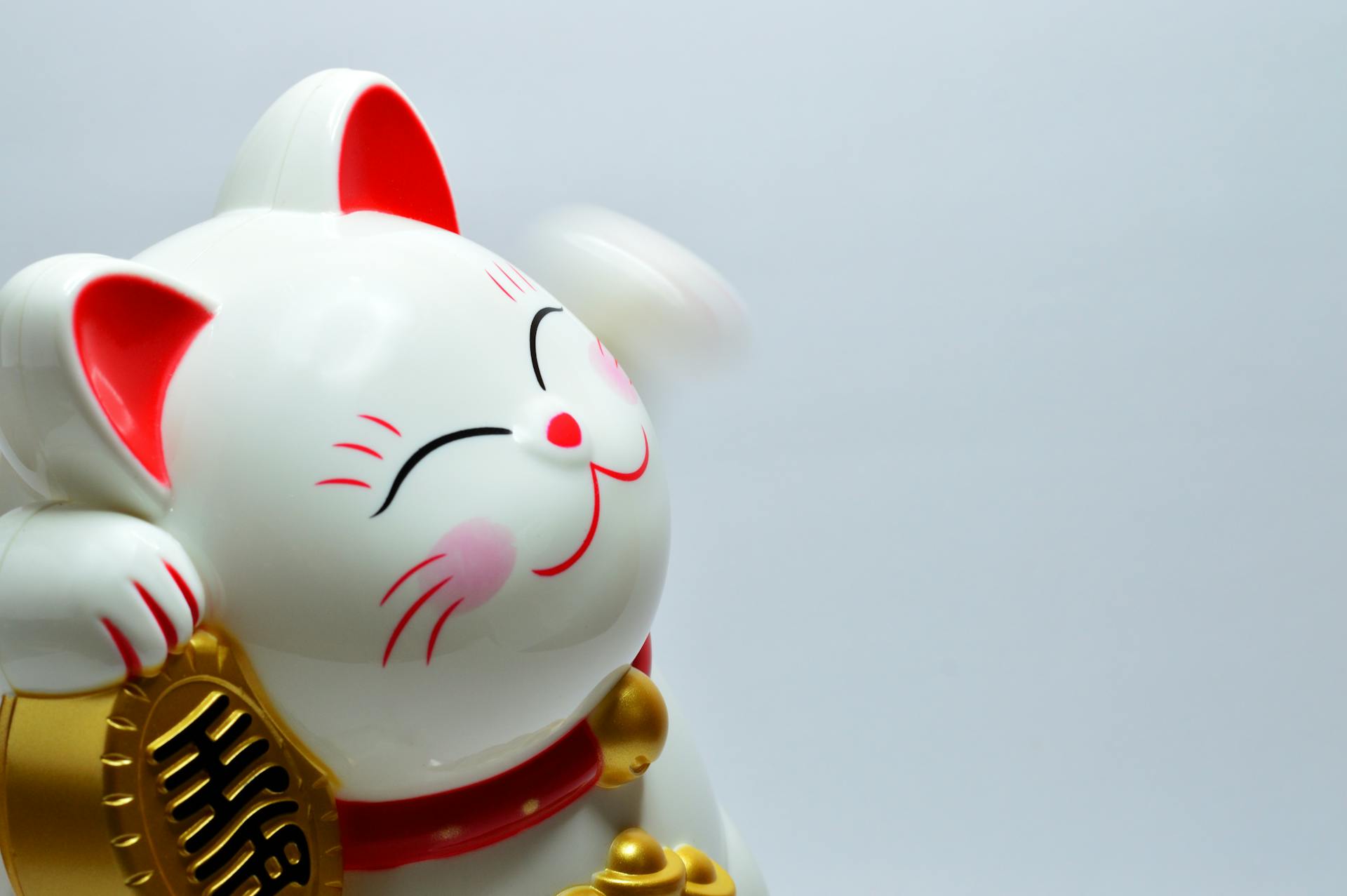
Are you fascinated by the Japanese language and culture? Do you want to impress your friends with your knowledge of Japanese expressions and idioms? Look no further! In this article, we will provide you with a complete guide to some of the most commonly used Japanese expressions and idioms.
Japanese expressions and idioms are an integral part of the language and can be heard in everyday conversations, movies, TV shows, and literature. They add depth and nuance to communication, making it more expressive and interesting. Learning these expressions and idioms not only helps you understand the language better but also gives you insight into the Japanese mindset.
Whether you are a beginner or an advanced learner of Japanese, this comprehensive guide will help you navigate through the complexities of Japanese expressions and idioms. So sit back, relax, and get ready to explore the fascinating world of Japanese language!
On a similar theme: Learn Japanese for Kids
Using Japanese idioms and expressions are a great way to improve your knowledge of the language and culture. Check out our list now.

Incorporating idioms into your daily speech is a fantastic teaching tool when you're learning Japanese idioms. Not only does it improve your language skills, but it also gives you an insight into Japanese culture and way of thinking. With our list of 38 Japanese expressions, you'll be able to impress your friends and colleagues with your newfound knowledge.
Japanese idioms are often derived from historical events, folklore, and cultural traditions. By understanding the context behind each expression, you'll be able to appreciate the nuances of the language even better. Incorporating these expressions into your daily conversation is a great way to practice and reinforce what you've learned in your Japanese lesson. So why not take a look at our list now and start using these phrases in your everyday life?
For your interest: Spanish Idioms
Discover the Fascinating World of Japanese Idioms: Kanyouku
Words Japanese idioms are a fascinating aspect of the Japanese language. These expressions often use familiar things and create figurative descriptions to convey general wisdom or advice. One such category is kanyouku, which consists of idiomatic phrases that showcase the figurative side of the Japanese language.
Kanyouku is a collection of idioms that has been used in Japan for centuries. These phrases are often used in everyday conversations, literature, and even in business settings. They represent the cultural values and beliefs of Japan, while also being an excellent tool for expressing complex emotions and ideas.
The beauty of kanyouku lies in its ability to express profound thoughts and ideas through simple words. Each idiom is like a mini-story that captures a specific situation, emotion or experience. By exploring the world of kanyouku, you can gain insight into the Japanese way of thinking and learn to express yourself more eloquently when speaking or writing in Japanese.
Related reading: Conversational Level in a Language
Japanese Habits of Speech: Iinarawashi
One of the interesting aspects of Japanese speech is the use of sayings and idioms akin to the Western phrase "let's face it." One such expression is "iinarawashi," which roughly translates to "if I may be so bold as to speak my mind." This phrase is often used when expressing a candid opinion or offering advice, and it indicates a level of respect for the listener's feelings.
Japanese speech is known for its polite and indirect nature, and iinarawashi is just one example of how this politeness manifests in everyday conversation. While it may seem like a mouthful compared to the directness of Western speech, these habits are deeply ingrained in Japanese culture and reflect a desire to maintain harmony and avoid causing offense. Whether you're a visitor to Japan or simply interested in learning more about Japanese language and culture, taking note of these speech patterns can help deepen your understanding of this fascinating country.
Take a look at this: Japanese Greetings and Farewells
1. Japanese sayings about human nature
Japanese expressions and idioms are a fascinating aspect of the language. Some sayings about human nature are particularly interesting. For example, there is a saying in Japan which goes "home toots while the public they're," which means that people tend to act differently at home than they do in public. This saying has an English equivalent, which is "actions speak louder than words."
Another Japanese idiom that refers to human nature is "Push Noren" (Japanese hanging curtains). This idiom describes useless or ineffective action that hangs passively like curtains. The English translation for this idiom is "to beat around the bush." It's a reminder that sometimes we need to take direct action instead of just talking about it.
There's also an expression in Japan that says, "Fall seven times, stand up eight." This phrase is often used during tough times when life knocks us down repeatedly. It's a reminder to not give up and keep standing back up, even if it's the eighth time standing.
One more interesting Japanese saying about human nature is "giving birth to a firewood carrier." This expression doesn't have an actual threat of giving birth; rather, it means raising a child who will grow up to be useful and successful. The English meaning of this phrase is similar to "raising someone to be self-sufficient."
Overall, these Japanese sayings give insight into how the culture views human nature and what values they hold dear. They also provide gorgeous idioms with unique meanings that can make us think about our own lives and how we handle bad situations. Who knows? Maybe one day you'll be the person who'll reach out from the flaming wreckage!
2. Japanese food sayings
One popular Japanese expression is "ichiju-sansai", which translates to "one soup, three dishes" in English. This phrase represents the traditional Japanese morning meal, which typically consists of a bowl of rice, miso soup, and three side dishes. Another super easy and commonly used phrase is "gyu-don", which means beef bowl in English. It's a popular dish in Japan and can be found at almost any fast-food restaurant.
If you're a fan of the timeless classic drama Boys Over Flowers, you may have heard the phrase presented by the male lead character, Tsukasa Domyoji: "Tsubakiyama no Kane ga Naru!" This purely decorative phrase roughly means "The bell of Tsubakiyama is ringing" and is often used when someone wants to make a grand announcement or entrance. Another delicious analogy means "packed like sushi," or "oshare na sushi mitai," in Japanese. When something or someone is very well put-together and neat, they are said to be packed like sushi.
In Japan, it's common for people to leave a little bit of food on their plates as a sign that they are eight-tenths full. This practice is called "hara hachibu" and originates from a Japanese version of the simple mantra: "Eat until you are eight-tenths full for long-term health." There's also a Japanese idiom that expresses a cultural taboo - don't eat while standing up! The phrase is "tachi-yoru kyohi" and stems from the belief that eating while standing up could lead to health problems.
Finally, one humorous expression that makes Japan's professional train pushers chuckle is "sunao ni narenakute mo kamawanai," which loosely translates to "It doesn't matter if you're not honest with yourself." On crowded trains during rush hour, space is limited, and train pushers have to push passengers into the small space. To make light of an incredibly dull, tedious job, train pushers often use this phrase to tease one another.
3. Sayings about Japanese culture
Japanese culture is known for its hospitality and family time, where shared meals take a significant part. "Itadakimasu" is a Japanese expression used before eating, which has an English translation of "I humbly receive." This phrase shows gratitude towards the food being served and acknowledges the hard work that went into making it. In modern Japanese society, with busy modern lives, mealtime is still considered an essential part of family bonding and connection.
In Japanese business culture, work basically means to sit at your desk until the job is done. Japanese labor laws are strict, but societal restraints often require employees to stay late or come in early regardless of the hours worked. The term "window tribe" refers to office workers who stand by the window gazing outside during their lunch break. On the other hand, "seat warmers" are those who stay at their desk long after working hours have ended. However, in recent years Japan has introduced a voluntary retirement system as life knocks can be tough times for some workers. For example, one saying about Japan's ephemeral pink blossoms translates to "the cherry blossom falls after eight times standing," meaning altogether that everything comes to an end eventually.
Get an Easy-to-Keep PDF Version of this Article for Free

Are you interested in learning about Japanese expressions and idioms? If so, then you're in the right place. This article will provide you with valuable information that can help you improve your Japanese language skills. By understanding common expressions and idioms, you'll be able to communicate more effectively with native speakers.
At your current level of Japanese comprehension, it's important to make the most out of your learning experience. That's why we're offering a free PDF version of this article that you can keep for future reference. Whether you're studying alone or with a tutor, having a handy guide that you can access anytime will surely help perfect your skills.
We highly value our readers' privacy, which is why we have implemented a strict data policy that ensures the safety and security of your personal information. Our website is committed to providing quality content that is informative and useful for all learners. So what are you waiting for? Download the PDF copy now and start mastering those Japanese idioms!
Readers also liked: Difficulties in Learning English
Japanese idioms that exist in English

If you've ever tried to learn Japanese, you know it's a long process. One of the biggest challenges is understanding expressions and idioms. Fortunately, some Japanese idioms have direct equivalents in English, making it easier for Westerners to understand their meanings. For example, "casting pearls before swine" is the English equivalent of the Japanese expression "gyokuza wo motsu mono ni wa gyokuza o" which means giving precious items to those who cannot appreciate them.
Another Japanese expression similarly highlights the value of precious items. In Japan, they use the phrase "mottainai" which roughly translates to "what a waste." Simply put, if someone is wasting food or resources, it's a telling show of disrespect for something valuable. The English expression "waste not, want not" carries a similar meaning.
On the other hand, some Japanese idioms are just too cute to pass up. One four-word phrase that has become popular in Western culture is "tsundoku," which refers to buying more books than you can read. The English packed word-for-word translation would be something like "reading pile" or "book hoarder." Meanwhile, another cute expression means taking on too much work at once — "hara hachi bunme," which translates into eating until 80% full and not overindulging in anything.
Unlock Your Skills with a Complimentary Step-by-Step Guide

Are you interested in learning Japanese expressions and idioms but don't know where to start? Look no further! Our complimentary step-by-step guide will help you unlock your language skills and expand your vocabulary. Whether you're a beginner or have previous teaching experience, our guide is designed to be easy to understand and tailored to your needs. With these new skills, you could even use them to earn a full-time income as a translator or interpreter! So what are you waiting for? Download our guide today and start unlocking your full language potential.
For your interest: Language Learning Plateaus
Discover the Importance of Mastering Japanese Idioms

Japanese idioms are a remarkably concise language that Japanese speakers use to express complex ideas in a few words. Japanese idioms are an integral part of the language, and they play a significant role in both public life and pop culture. If you're learning Japanese, mastering these idioms is a fast track to sounding more like a native Japanese speaker.
These idioms are time-honored wisdom that has been passed down from generation to generation since feudal times. Knowing how to use them correctly will make you sound intimately familiar with Japanese culture and allow you to understand the wider range of contexts when you're reading or listening to Japanese media. Common idioms make sense once translated into English, but their concise nature can be challenging for non-native speakers.
Learning Japanese idioms requires an immersive style of practice; shadowing, pausing, and echoing back with correct pronunciation is essential. A great way to start is by watching proverbs checks in Japan shops' video playlist on YouTube or practicing additional pronunciation using Japanese movies. You can also download a portable PDF for clear details on how each idiom is used in different contexts. In conclusion, mastering Japanese idioms is crucial if you want to speak like a native speaker and understand the nuances of the language.
You might enjoy: English Speakers
Frequently Asked Questions
What is the best app to learn Japanese?
Duolingo and Memrise are two of the best apps to learn Japanese as they offer structured lessons, interactive exercises, and a variety of study materials.
What does 'you only have one life' mean in Japanese?
The Japanese phrase "ichido kiri" means "you only live once".
What are some common japnese idioms?
Some commonly used Japanese idioms include "ichi-go ichi-e" meaning "one time, one meeting," "shouganai" meaning "it can't be helped," and "hara hachi bu" meaning "eat until you are 80% full."
What are Japanese proverbs?
Japanese proverbs are short sayings that convey a traditional wisdom or lesson. They offer a glimpse into the culture and beliefs of Japan, often highlighting values like humility, perseverance, and respect.
Are there any free downloads to learn Japanese?
Yes, there are free downloads available to learn Japanese such as Duolingo, Lingodeer, and NHK World.
Featured Images: pexels.com


